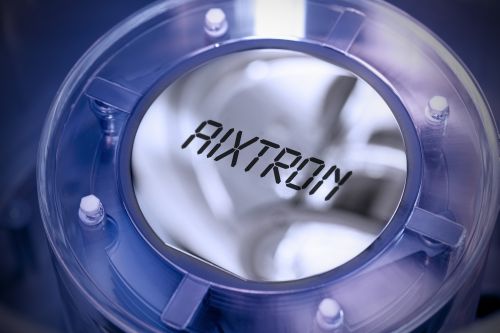The German government has withdrawn its approval for a Chinese takeover of chip equipment maker Aixtron (AIXGn.DE), citing security concerns and throwing up an unexpected hurdle for a 670-million-euro ($728 million) deal on the home stretch.
![]()
The government had cleared the deal on Sept. 8 but Aixtron said on Monday that the Economy Ministry had now canceled the clearance certificate for Fujian Grand Chip Investment Fund LP (FGC), a Chinese investment fund controlled by businessman Zhendong Liu, and planned to reopen a review of the takeover.
The decision to rescind the approval was based on “previously unknown security-related information”, Germany’s Deputy Economy Minister Matthias Machnig told German daily newspaper Die Welt, without being more specific.
The Economy Ministry declined to provide details on how long its review might take.
The government’s move comes as protectionist noises from Berlin grow louder and just a week before Economy Minister Sigmar Gabriel is due to travel to China with a business delegation.
There is rising concern over whether the government should do more to protect strategic technologies following a series of bids for German companies by Chinese investors this year.

In the 4.5 billion-euro takeover of German industrial robot maker Kuka (KU2G.DE) by Chinese household appliance maker Midea (000333.SZ) earlier this year, Berlin initially sought a deal to limit Midea’s stake to 49 percent.
It had wanted to curb the Chinese company’s influence on what it viewed as a national champion in its push to digitalize German industry, but eventually allowed the takeover after major German shareholders in Kuka sold their stakes to Midea.
Under German law, the government can block takeovers only if they jeopardize energy security, defense or financial stability.
In June, Gabriel called for a Europe-wide safeguard clause which could stop foreign takeovers of firms whose technology is deemed strategic for the future economic success of the region.
GREATER SCRUTINY
Other governments in Europe and the United States have also put China’s offshore ambitions under the spotlight this year.
Australia blocked the $7.7 billion sale of the country’s biggest energy grid to Chinese bidders in August, citing unspecified national security concerns.
In July, British Prime Minister Theresa May also delayed signing off on a $24 billion nuclear power project partly funded by China, citing the need to review the details. She eventually approved the deal in September.


Leave a Reply